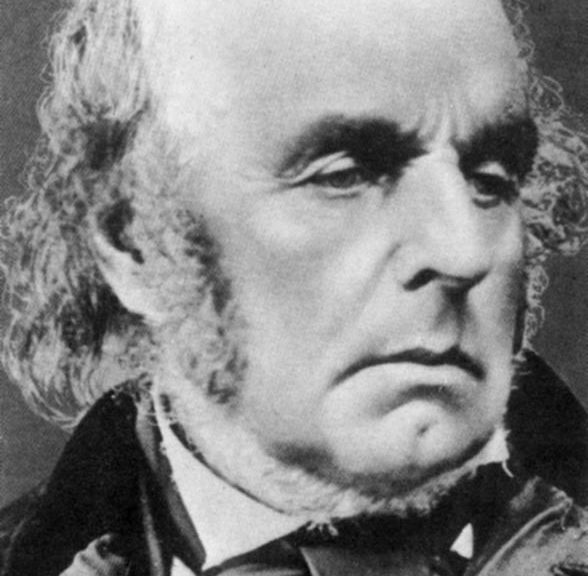EDWARD FITZGERALD, English poet was born (d. 1883); An English writer, best known as the poet of the first and most famous English translation of The Rubaiyat of Omar Khayyam. FitzGerald’s emotional life was extremely complex. He lived for his friends, almost all of whom were men, but he also had a series of extremely intimate friends (also male).
The first was William Browne, who was sixteen when he met Fitzgerald. They were very close friends until Browne’s marriage. Browne’s early death was a major catastrophe for FitzGerald. In 1851 FitzGerald published a work called Euphranor: A Dialogue on Youth in memory of a friend who had died young. In it he recounts how, after the death of his beloved William Kenworthy Browne, he cruised the Suffolk docks “looking for some fellow to accost me and fill a very vacant place in my heart.” Whether he was in fact accosted, and whether his vacant place was filled, he does not say.
But fifteen years later, now famous as the translator of The Rubaiyat, FitzGerald returned to the docks and became part owner of a herring-lugger, Meum and Teum. The “You” of the “I and You” was a strapping young fisherman named Joseph Fletcher, whom he called “Posh.” Although FitzGerald wrote about being taken with Posh’s blue eyes and auburn hair, and although several letters addressed to “My Dear Poshy” have survived, there is no proof the virile Posh ever actually filled FitzGerald’s vacant place. For the sake of love, let us hope he did.
As FitzGerald grew older, he grew more and more disenchanted with Christianity and finally gave up attending church entirely. This drew the attention of the local pastor, who decided to pay a visit to this self-absenting member of his flock. The conversation was very short. FitzGerald told the pastor that his decision to absent himself from church services was the fruit of long and hard meditation. When the pastor protested, FitzGerald showed him to the door, and explained that no further visits would be necessary.
